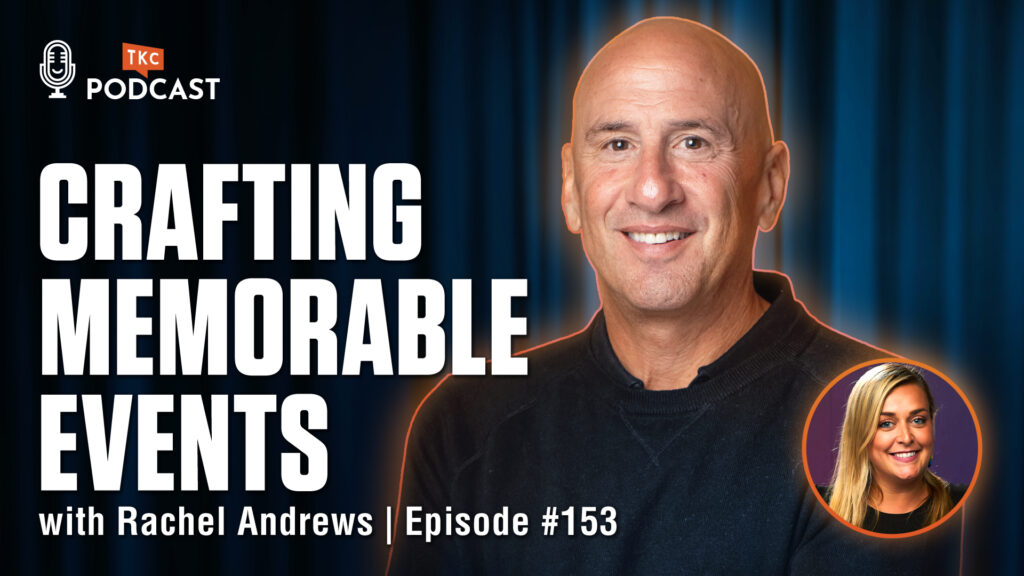- The Keynote Curators - Top Speaker Agency in North America
From 1980 – 2010, Richard “Rick” Steiner was as a marine conservation professor with the University of Alaska, stationed in the Arctic (Kotzebue 1980-1982), Prince William Sound (Cordova 1983-1997), and Anchorage (1997-2010). He conducted the university’s conservation and sustainability extension effort in Alaska and globally, working to find solutions in energy and climate change, marine conservation, offshore oil and environment, habitat protection, endangered species protection, and sustainable development.
As the University of Alaska’s marine advisor for the Prince William Sound region of Alaska from 1983 – 1997, he provided leadership in the emergency response to the 1989 Exxon Valdez Oil Spill, proposed and helped esktablish the Regional Citizens Advisory Councils, the Prince William Sound Science Center, and the billion dollar legal settlement between Exxon and the government with which much of the coastline of the oil spill region was protected.
He has worked on extractive industry/environment issues in Russia, the Middle East, Pakistan, China, Africa, Europe, Central Asia, Southeast Asia, the South Pacific, and the Americas. He continues to work on oil and environment issues, including oil spill prevention, response preparedness, damage assessment, restoration, and offshore oil issues.
Today, he conducts the Oasis Earth Initiative, working with NGOs, governments, industry, and civil society to speed the transition to an environmentally sustainable society. Oasis Earth conducts Rapid Assessments for NGOs and governments in developing nations on critical conservation challenges, reviews environmental assessments, and conducts more fully developed studies. Steiner presents Oasis Earth: Planet in Peril to audiences around the world, a presentation on the global environmental crisis and urgently needed solutions, using over 500 images from the UNEP International Photographic Competitions for the Environment, and NASA images of Earth from space.
His primary focus today is on ecological habitat and biodiversity conservation; establishing Citizens Advisory Councils to advise industry and government; environmental risks of Deep Sea Mining; and extractive industry/environment issues – particularly oil, gas, and mining – in the Arctic and globally. The Guardian (UK) described Steiner as “one of the world’s leading marine conservation scientists,” and “one of the most respected and outspoken academics on the oil industry’s environmental record.”
Oasis Earth focuses on local and regional solutions to the environmental crisis, particularly in government policy. Oasis Earth and Professor Steiner are available to assist NGOs, governments, industry, and civil society in the transition to sustainability.

Black History Month 2026 marks a century of commemorations. Discover keynote speakers who help organizations build dignity, dialogue, and trust.
Read More
Business leaders must adapt to market changes by staying resilient, learning fast, and pivoting strategies without abandoning their mission.
Read More
Leadership insights from Navy submarine officer Marc Koehler on making decisions under pressure using the 40-70 rule and crisis-ready preparation.
Read More
Learn how events build trust, prove ROI, and drive business outcomes with Rachel Andrews, Global Head of Meetings & Events at Cvent.
Read More
Top women keynote speakers in 2026 who give audiences permission to lead, speak up, and take action beyond Women's History Month celebrations.
Read More
Discover the Best Artificial Intelligence Speakers for Manufacturing Conferences. Compare AI experts on automation, Industry 4.0, robotics, and leadership.
Read More